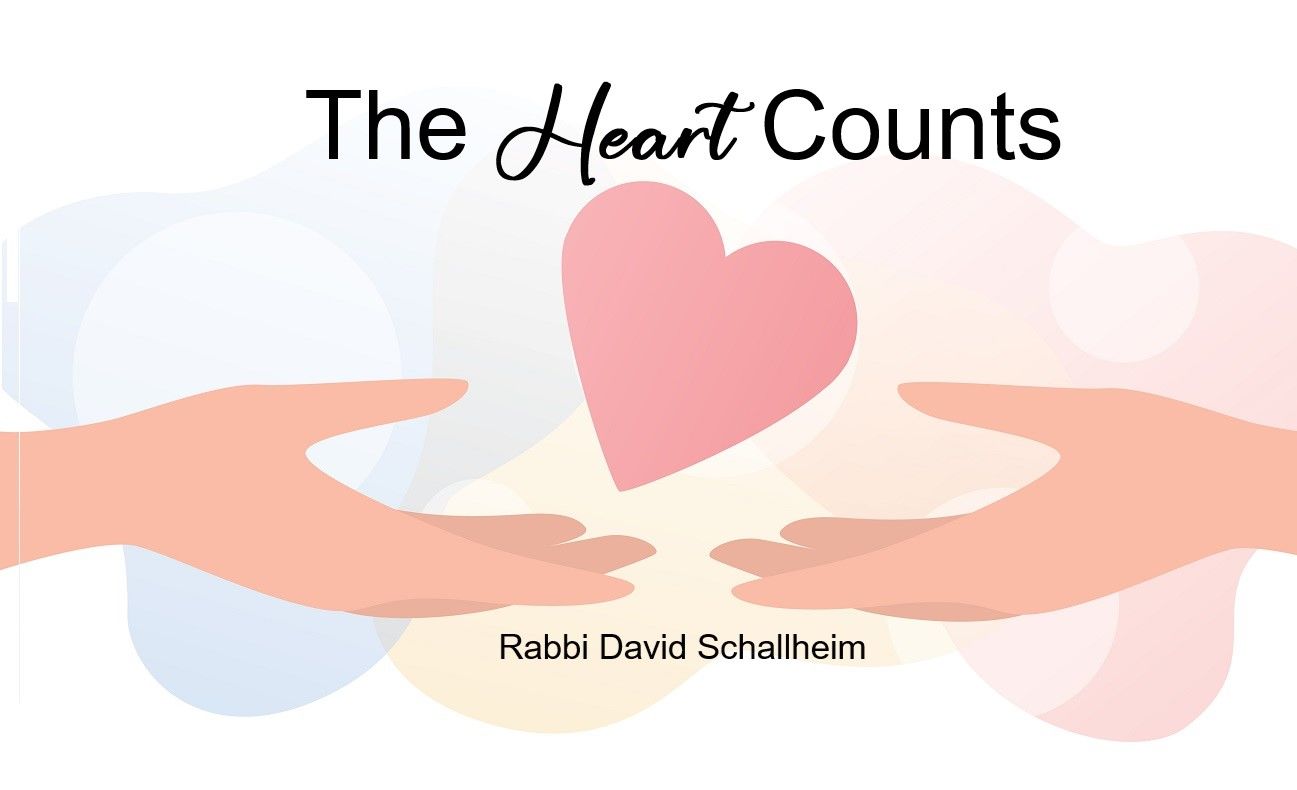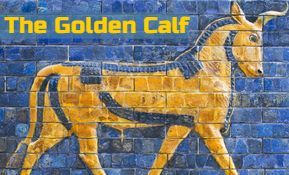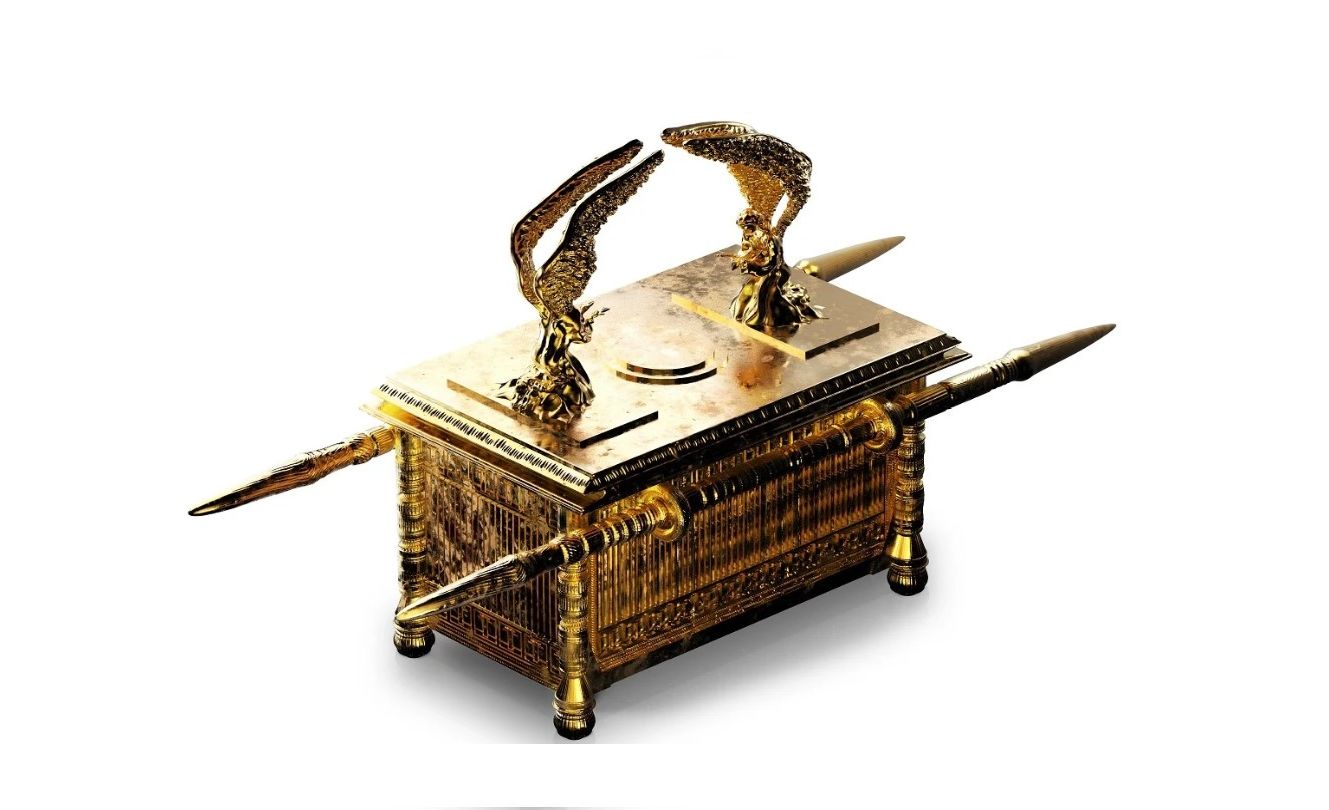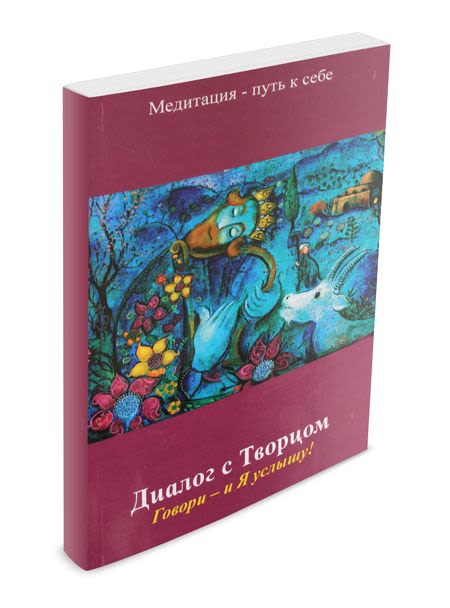
Shmini: The Eternal Soul
If we have solid emunah in God, we realize that death is really the bridge to a better world. Our weeping over the loss of...

The Death of Nadav and Avihu
“The sons of Aharon (Aaron), Nadav and Avihu, each took his fire pan, they put fire in them and paced incense upon it; and they brought before God an alien fire that He had not commanded them. A fire came forth from before God and consumed them, and they died before God. Moshe (Moses) said to Aharon: ‘Of this did God speak, saying: “I will be sanctified through those who are nearest Me, thus I will be honored before the entire people”;’ and Aharon was silent” (Vayikra 10:1-3).
Just when the joy of the Tabernacle’s inauguration reached its peak, tragedy struck. Aharon’s two oldest sons – men whom Moshe described as the most outstanding sons of the nation – performed an unauthorized service and lost their lives.
Aharon’s reaction in the face of this grievous loss gave further testimony to his own greatness and brought about a new and greater sanctification of God’s Name.
“And Aharon was silent”—In reward for his silent acceptance of the Divine decree, Aharon was honored by having the following mitzvah (Ibid. 8-9) addressed to him exclusively (Rashi).
The prophecy that Aharon received was plainly the reward for his silent acceptance. Rabbi Yaakov Neiman zt’l, the Rosh Yeshivah of Ohr Yisrael in Petach Tikvah, writes that it was more than just a reward. When Aharon lovingly accepted God’s judgment he revealed decades of living in the awareness of God’s presence and understanding of man’s purpose on earth.
When God revealed Himself to Aharon after the death of his sons, it demonstrated that Aharon had achieved such clarity in emunah, faith, that he was able to attain the high level of prophecy, even after such a great tragedy. It is known that prophecy is attained only in joy, and cannot be achieved by someone who is sad. If God revealed himself to Aharon, then Aharon was joyful.
Aharon had clear, tangible knowledge of the eternity of the soul, and therefore he was not crippled by the pain of his loss. He remained joyful, despite the tragic loss of his two sons.
The Bridge of Life
In his explanation of the mitzvah of mourning, the Ramban clarifies this principle. It states in the Torah, “You are children to God, your God — you shall not cut yourselves and you shall not make a bald spot between your eyes for a dead person” (Devarim 14:1).
Writes the Ramban: “Knowing that you are the children of God, and that He loves you more than a father loves his child, you shall not cut yourselves on whatever He may do, because whatever He does is only for good. If you do not understand, it is as little children who do not understand what their father is doing, but they rely on him.”
As children of God, continues the Ramban, we should understand that with the end of the body’s earthly life, the soul remains intact and is gathered by God. Thus, despite the natural grief that we feel at the loss of a loved one, Jews should not be so terrified by death that they would mutilate their bodies. Such behavior is fit only for those to whom death is chillingly final.
It should be clear, however, that it is normal and proper to weep and mourn the loss of a dear one. Our Sages learned from the above verse, however, that one should not mourn excessively (Ramban).
If we have solid emunah in God, we realize that death is really the bridge to a better world. Our weeping over the loss of a dear one is an expression of the pain of that separation.
This principle is what lay behind “And Aharon was silent.” His loving acceptance reflected this emunah, and the prophecy that followed was a natural outgrowth of that emunah.
True Joy
The Talmud says: “The Sages asked Rav Hamnuna to sing at the wedding of Mar ben Ravina. He began singing: ‘Woe to us that we die, woe to us that we die’” (Berachot 31b). This seems perplexing! The Sages asked Rav Hamnuna to sing at a joyous occasion, why did he mention the day of death?
The Atler of Kelm, Rabbi Simcha Zissel, explains that our Sages were not saddened at the mention of the day of death. On the contrary, there were joyous at the thought of it, as it states: “And she laughs on the last day” (Mishlei 31).
Our Sages taught that there is no greater joy than the clarification of doubt. When we are in doubt and confused, we feel troubled and saddened. The resolution of our doubts brings us to a state of joy.
The true place for resolving all the doubts we may ever have is the World to Come. Therefore, thinking about the day of death reminded the Sages of the future joy they will experience in the Next World. Furthermore, through recalling death they remembered the purpose of their existence and that clarity was a cause for rejoicing.
Rabbi Moshe Rozenstein, the mashgiach of the Lumzhe Yeshivah, provided an additional insight as to why Rav Hamnuna mentioned the day of death at a wedding. His colleagues asked him to make them happy and joyous, and he answered them by hinting: If you want to be truly happy, remember the day of death and be joyous with that in mind.
If you succeed in doing so you will have achieved true joy. If you are only joyous when ignoring the reality of death—it is a sign that your joy is really empty. A wedding is the time for bringing true joy to the bride and groom and not empty frivolity.
How can we combine the concept of death with joy? When we know that we have fulfilled our purpose in life, or at least accept upon ourselves to fulfill it in the future, we will have real joy in every precious moment of our life, because we view it as the bridge to eternity (Darchei Mussar).
Death, the Great Motivator
In Man's Search for Meaning, Victor Frankl, the founder of Logotherapy, writes: "What would our lives be like if they were infinite, rather than finite? If we were immortal, we could legitimately postpone every action forever. It would be of no consequence whether or not we did a thing now; every action might as well be done tomorrow or the day after or the year after, or ten years from now.
But in the face of death, an absolute finish to our future and boundary to our possibilities, we are under the imperative of utilizing our lifetime to the utmost."
Our True Station
In Messilat Yesharim, Path of the Just Rabbi Moshe Chaim Luzzato, the Ramchal, writes:
“It is most obvious to anyone who thinks rationally that it is illogical to believe that the ultimate purpose of man's creation was for his state in this world. After all, what does man's life consist of in this world? Where is that man who enjoys (undiluted) happiness and finds a full measure of peace in this world? ‘The days of our years are but seventy and if by special strength, eighty years, and even then their high points are mixed with hardship and suffering’ (Tehillim 90:10).
“All sorts of pain, sickness, and suffering plague him and, after all of this, comes death. You will not find one person in a thousand upon whom the world has lavished solely pleasure and peace. And moreover, even that rare individual who does achieve it, assuming that he were to live for 1000 years, still passes on and takes leave of the world.”
Therefore, the Ramchal concluded:
“To summarize, a man was created not for his station in this world, but for his station in the World to Come. It is only that his station in this world is a means towards his station in the World to Come, which is the ultimate goal.”
Our Creator endowed us with an eternal soul. The more we internalize this important message, the more we will succeed in joyfully accomplishing our life's’ mission!












Tell us what you think!
Thank you for your comment!
It will be published after approval by the Editor.